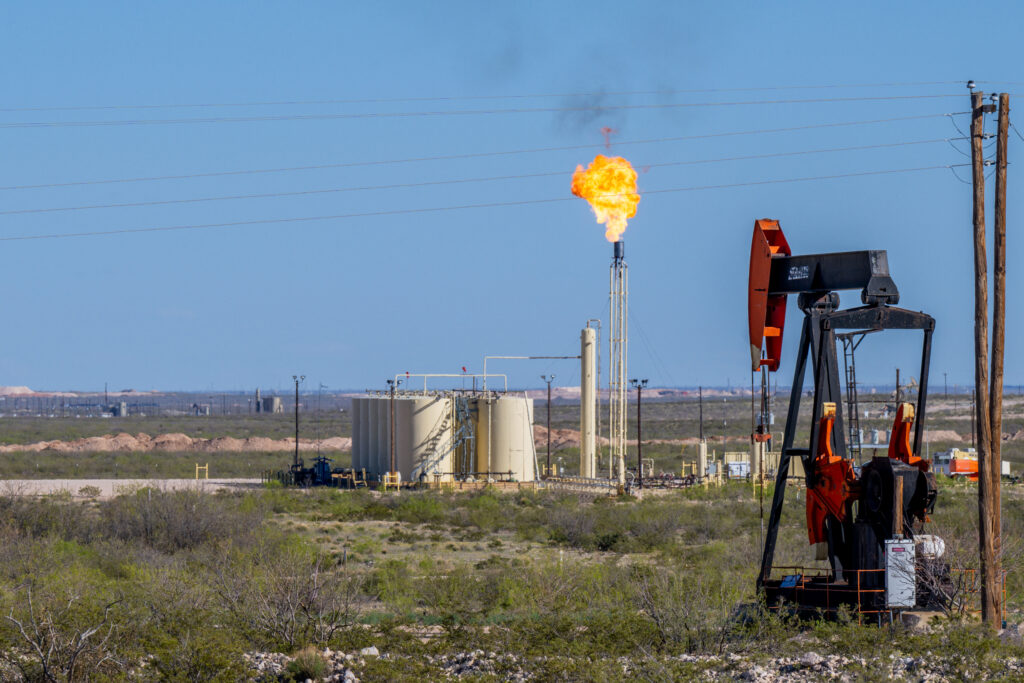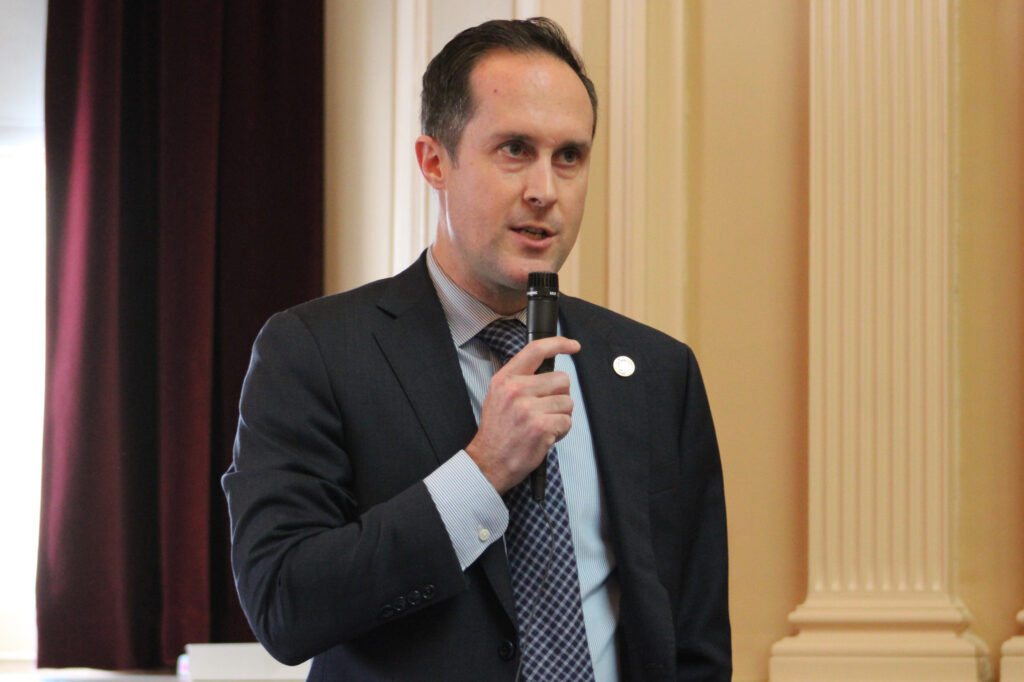In May, the U.S. Department of Energy ordered Michigan’s Campbell coal plant to stay open, despite its plans to shut down after more than 60 years of operation. A week later, DOE ordered the Eddystone oil and gas plant in Pennsylvania to do the same. The reason, according to the Trump administration, was an inadequate energy supply—a claim that some energy experts dispute.
From the start of the order until June 30, Campbell reported that its delayed expiration has cost the company $29 million. If the federal government continues to stop aging fossil plants from retiring, it could end up costing energy customers between $3 billion and $6 billion a year, according to a new report by Grid Strategies.
The report was prepared for Earthjustice, the Natural Resources Defense Council, the Sierra Club and the Environmental Defense Fund—organizations that have intervened in both Campbell and Eddystone’s extensions.
“These plants are slated to retire because they’re not needed and they can’t compete in the market,” said Michael Lenoff, senior attorney at Earthjustice.
As plants age, they are no longer able to compete with new, and often cleaner and more reliable, energy sources. Shutting down is “the only rational economic choice,” said Greg Wannier, an attorney at the Sierra Club. “If you force a plant to operate that isn’t providing any reliability benefit to the grid, you’re spending money that you don’t have to be spending.”
So far, DOE has relied on its emergency power under section 202(c) of the Federal Power Act to issue 90-day extensions. Traditionally, the orders are meant to address dire energy gaps, such as blackouts during heatwaves. “There are no near-term reliability issues in basically any region,” Wannier said. “There is no 90-day emergency that is actually being addressed.”
DOE did not respond to a request for comment.
There are 54 large fossil-fuel power plants across the U.S. planning to retire between now and 2028. Grid Strategies determined that if each of those are ordered to stay open, it will cost ratepayers upwards of $3 billion a year. The report determines costs under the assumption that the department continues to renew 90-day extensions.
Another 36 plants don’t have retirement dates before 2028, but are 60 years old—a common age for power plants to shut down. If those plants do announce plans to retire in the coming years, and are subsequently ordered to stay open, the total annual costs to ratepayers would nearly double, at $5.9 billion.
States that would bear the highest bills include California, Texas, Colorado, Michigan, Louisiana and Illinois. “The impact is not focused on any one region, not focused on red states or blue states—everybody is likely to get hit by the abuse of the DOE emergency authority,” said Lenoff. “And everyone needs to pay attention to that.”
Grid Strategies made its calculations based on the cost of “reliability must run” contracts—an interim measure used when a plant’s retirement would cause reliability issues. The report’s estimates don’t include the costs of upgrades, which many of these older plants will likely need in order to continue operating safely, Wannier said.
To afford to stay open, the DOE orders allow power plants to request reimbursement from the Federal Energy Regulatory Commission. Wannier worries that those costs would ultimately be passed onto utility customers.
The report’s authors warn that DOE’s mandates could encourage more power plants to announce plans to shut down, just to receive government subsidies to keep operating. “It opens up a pocket of cash for plants that say they want to retire,” Wannier said.
On top of that, the orders go “beyond DOE’s statutory authority,” said Caroline Reiser, a senior attorney at the Natural Resources Defense Council. “The Department is overstepping its role of regulating the energy system in the U.S.”
Keeping old oil, gas and coal plants online can also get in the way of adding other energy sources to the grid, she said. Solar and wind, for example, are the cheapest energy sources to build right now—but they’re stuck in long queues to connect to energy grids. By interfering, DOE is propping up costly energy sources that would otherwise naturally phase out in energy markets, Reiser said.
On Aug. 20, the current order to keep Campbell open will expire. Lenoff, the Earthjustice attorney, said that “unfortunately” all signs point to DOE issuing another extension at Campbell, and extensions at other fossil fuel plants, down the line.
About This Story
Perhaps you noticed: This story, like all the news we publish, is free to read. That’s because Inside Climate News is a 501c3 nonprofit organization. We do not charge a subscription fee, lock our news behind a paywall, or clutter our website with ads. We make our news on climate and the environment freely available to you and anyone who wants it.
That’s not all. We also share our news for free with scores of other media organizations around the country. Many of them can’t afford to do environmental journalism of their own. We’ve built bureaus from coast to coast to report local stories, collaborate with local newsrooms and co-publish articles so that this vital work is shared as widely as possible.
Two of us launched ICN in 2007. Six years later we earned a Pulitzer Prize for National Reporting, and now we run the oldest and largest dedicated climate newsroom in the nation. We tell the story in all its complexity. We hold polluters accountable. We expose environmental injustice. We debunk misinformation. We scrutinize solutions and inspire action.
Donations from readers like you fund every aspect of what we do. If you don’t already, will you support our ongoing work, our reporting on the biggest crisis facing our planet, and help us reach even more readers in more places?
Please take a moment to make a tax-deductible donation. Every one of them makes a difference.
Thank you,

















